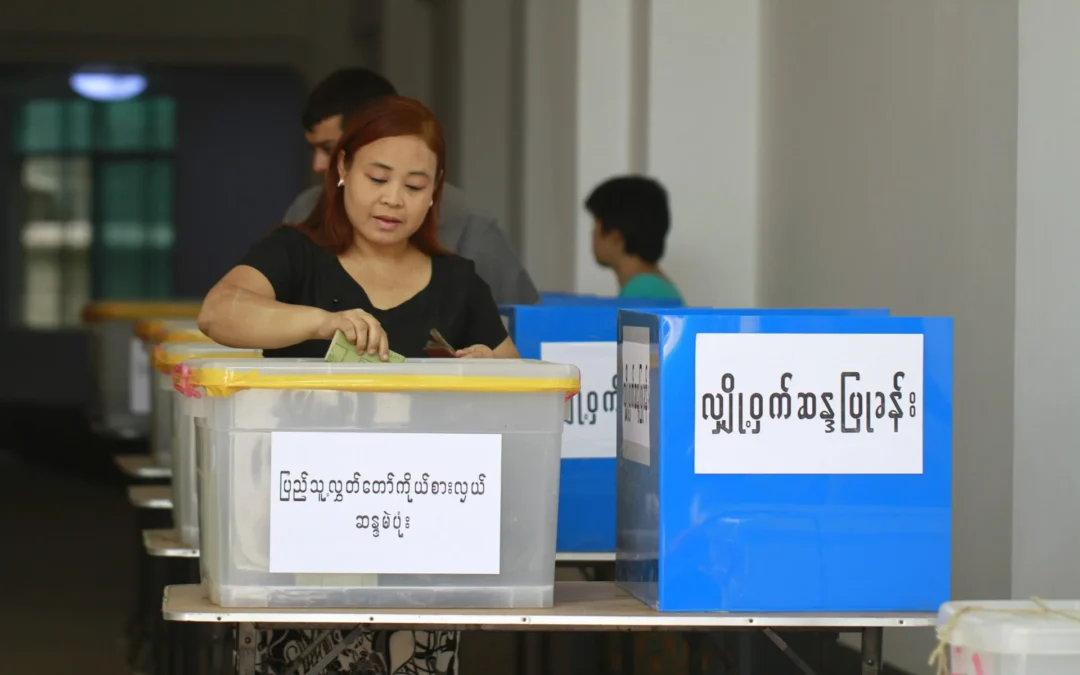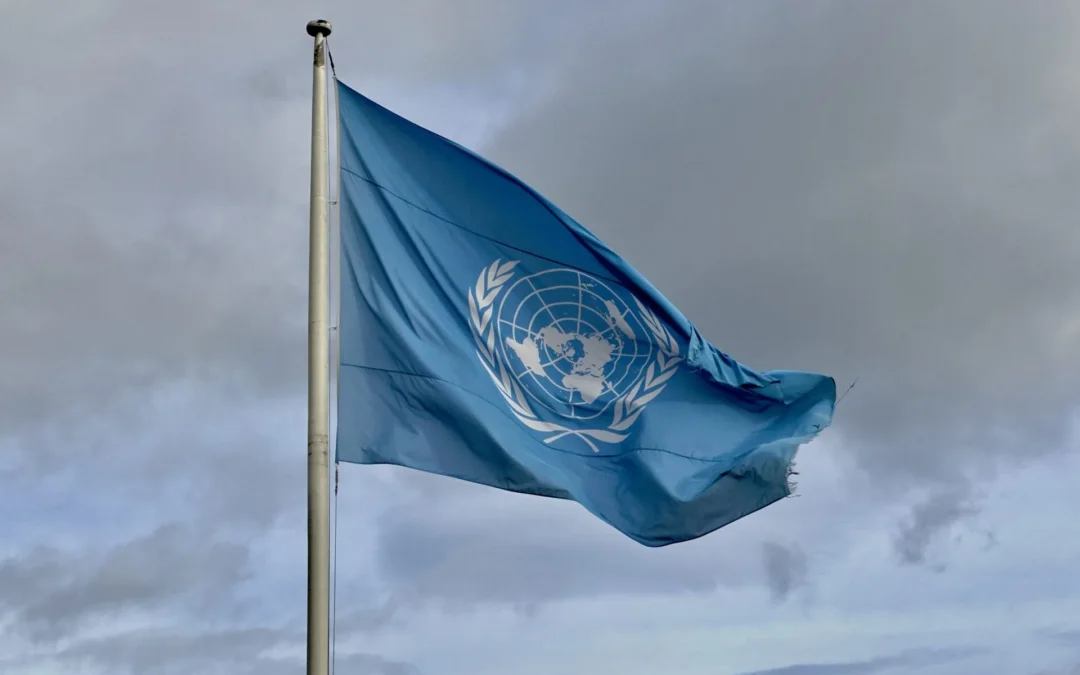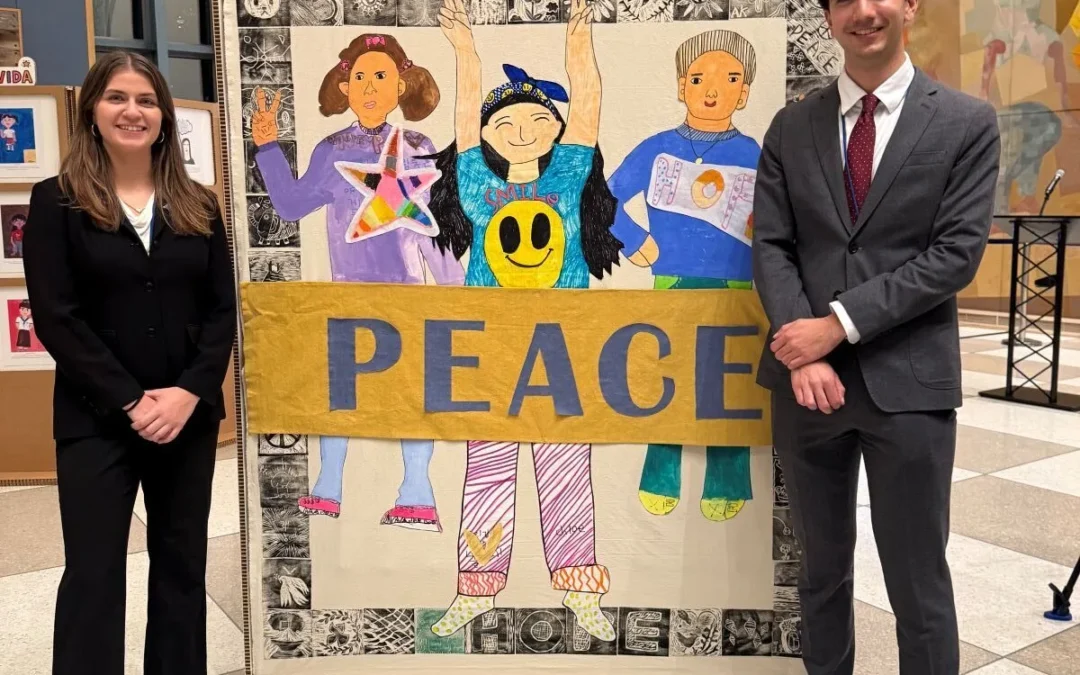In December QUNO, the Baha’i International Community: United Nations Office, and ATD Fourth World partnered to host a breakfast dialogue on the topic of “Peace, poverty, and violence; interlinkages for sustainable development.” The breakfast was attended by a wide range of UN staff, Member States, and representatives from civil society. Keynote speakers included a representative from the Permanent Mission of Timor Leste, as well as Sarah Cliffe, special adviser and assistant secretary-general of Civilian Capacities to the United Nations. Sarah Cliffe stated that “The impact of violence and conflict on social and economic development is deep,” said Dr. Cliffe. “Many countries have seen their development held back by these factors.” A summary note and agenda from the meeting are available here.

Myanmar “sham elections”: QUNO hosts Quaker House briefing
On 2 December, the Quaker UN Office hosted diplomats at Quaker House for a private briefing in advance of the elections in Myanmar that began on 28 December 2025. QUNO Director, Sarah Clarke, opened the meeting, noting that “the world will be watching carefully to see how the international community responds to the vote.” Sean Dunne, an expert who has supported election observation with the UN and the Carter Center, including in Myanmar, served as an outside briefer. In his remarks, Sean emphasized that the Myanmar general elections, which are being conducted by the military regime that overthrew the democratically elected government following elections in 2020, “fail to meet any recognized international benchmark for credibility or genuineness.” Sean concurred with UN experts, numerous Human Rights organizations, and media outlets describing the elections as a “charade” or “sham election” intended to “solicit recognition from foreign governments and legitimize the continuation of military rule, rather than reflect the genuine will of the Myanmar people.” In Myanmar, voting kicked off on 28 December 2025, with polls being held in roughly a third of Myanmar’s townships. Despite two more voting phases scheduled on 11 and 25 January 2026, several million people, 56 townships, and numerous political parties, including the winner of Myanmar’s last credible election, the National League for Democracy, have been excluded by the military or have chosen not to participate. As Sean explained, these exclusionary factors amount to “an incredibly sophisticated form of election engineering.” The implementation of biometric voting and surveillance technology, new laws criminalizing criticism of the election, and manipulation of representative quotas in Myanmar’s […]





